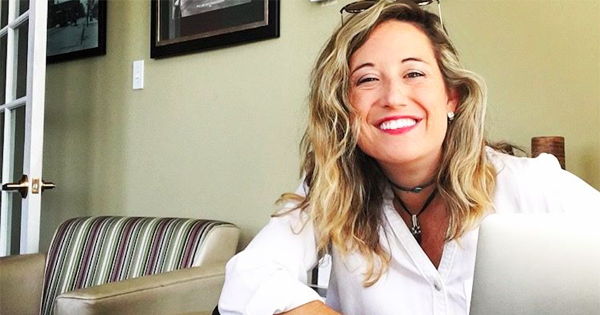Advertisement
It all began when Lindsey Hall was back in college, living among her sorority sisters. Like many other women, Hall was conscious of her body weight and image and restricted herself from consuming too many calories to avoid gaining weight.
Her minor eating disorder, however, only got worse in the sorority environment. She started doing “whatever it took” to not gain any weight. “I’d work out,” Hall recalled, “and I didn’t want to eat and ‘lose’ all those calories I’d burned. So I’d have a glass of wine. My motive for drinking was just to be tipsy enough to not think about food.”
Hall wasn’t the only one who engaged in this behavior. “[She and her sorority sisters]’d always joke about it light-heartedly: ‘I guess we’re going to have a liquid dinner tonight,” she recalled.
Restricting food intake but encouraging alcohol consumption was a method many used to get drunk while avoiding weight gain – or to just get drunk faster. Doctors have since labelled this phenomenon as “drunkorexia.”
“Drunkorexia is not a formal diagnosis,” Dipali Venkataraman Rinker, Ph.D., clarified, “but it’s being looked at as a precursor to problem drinking or disordered eating.”
By the time Hall turned 24, her drunkorexia was a fully-fledged problem.
One night, she returned home on a stomach only filled with alcohol, pockets filled with a snack she intended to vomit back up afterwards. Her dad was waiting for her, ready to intervene and beg her to get help.
“I was tired,” Hall remembered. She agreed to go to rehab. “I was ready.”
When Hall was first admitted to rehab, she was told that her bones resembled those of an 82-year-old’s – not a 24-year-old’s. “I didn’t believe them,” Hall admitted. “Because I wasn’t underweight, I didn’t think I had a problem.”
It has taken Hall three years to fully overcome her eating and drinking disorder and now, able to look on her past with a clearer mind, she stresses how important it is for people to get help if they’re worried they have a problem.
“I missed a lot of years being tipsy and being obsessed with my eating disorder,” she said. “You don’t get those moments back.”




